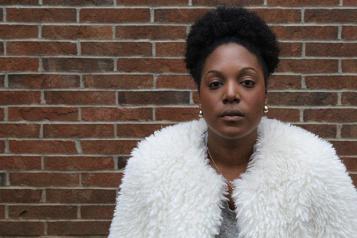Do you have osteoporosis?

Osteoporosis affects over 3 million people in the UK.
More than 500,000 people receive hospital treatment for fragility fractures every year as a result of osteoporosis.
What causes osteoporosis?
Women are more at risk of osteoporosis than men, particularly if the menopause begins early, or they’ve had their ovaries removed.
Many other factors can also increase the risk of developing osteoporosis, including:
- Taking high dose steroid tablets for more than 3 months
- Other medical conditions – such as inflammatory conditions, hormone related conditions or malabsorption problems
- A family history of osteoporosis
- Long term use of certain medicines that can affect bone strength or hormone levels
- Having, or having had, an eating disorder such as anorexia or bulimia
- Having a low BMI
- Not exercising regularly
- Heavy drinking and smoking
How do you treat osteoporosis?
Treatment for osteoporosis is based on treating and preventing broken bones, and taking medicine to strengthen your bones.
The decision about whether you need treatment depends on your risk of breaking a bone in the future. This will be based on a number of factors such as your age, sex and the results of your bone density scan.
If you need treatment, your doctor can suggest the safest and most effective treatment plan for you.
Preventing osteoporosis
If you’re at risk of developing osteoporosis, you should take steps to help keep your bones healthy. This may include:
- Taking regular exercise to keep your bones as strong as possible
- Healthy eating – including foods rich in calcium and vitamin D
- Taking a daily supplement containing 10 micrograms of vitamin D
- Making lifestyle changes, such as giving up smoking and reducing your alcohol consumption
Osteoporosis support
The Royal Osteoporosis Society is the UK’s national charity for osteoporosis.
It has detailed information on osteoporosis prevention and treatment. It can put you in touch with local support groups. It also has a free telephone helpline that may be particularly helpful if you’re newly diagnosed with osteoporosis.
Do you have osteoporosis? Do you get the treatment and support that you need?
Your story will help us improve the service for other people like you.


